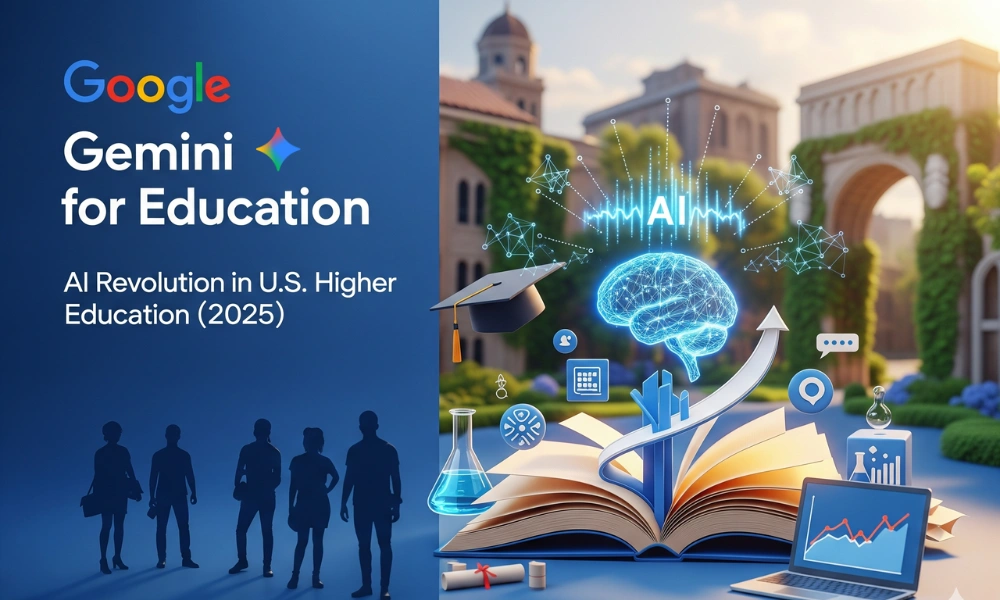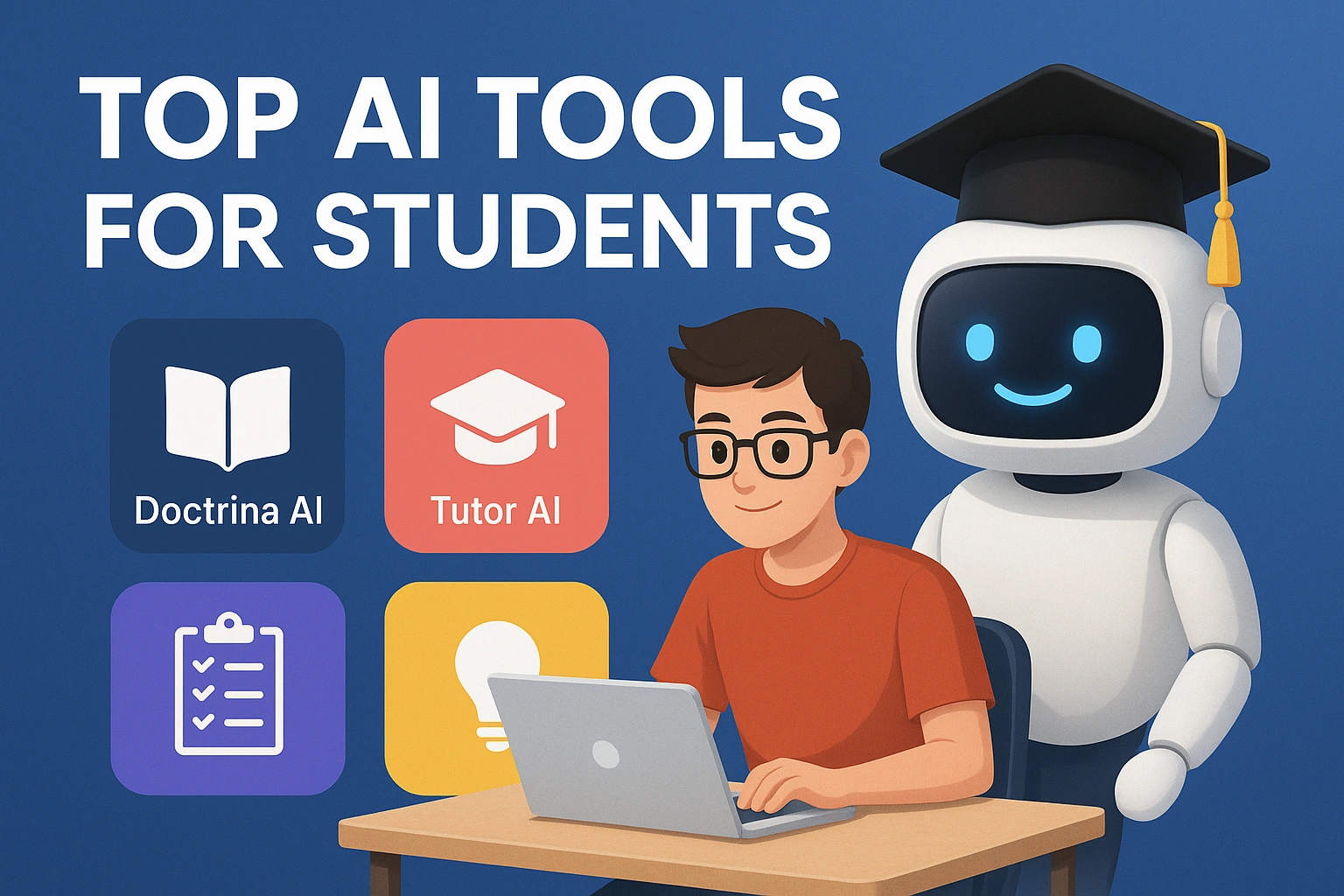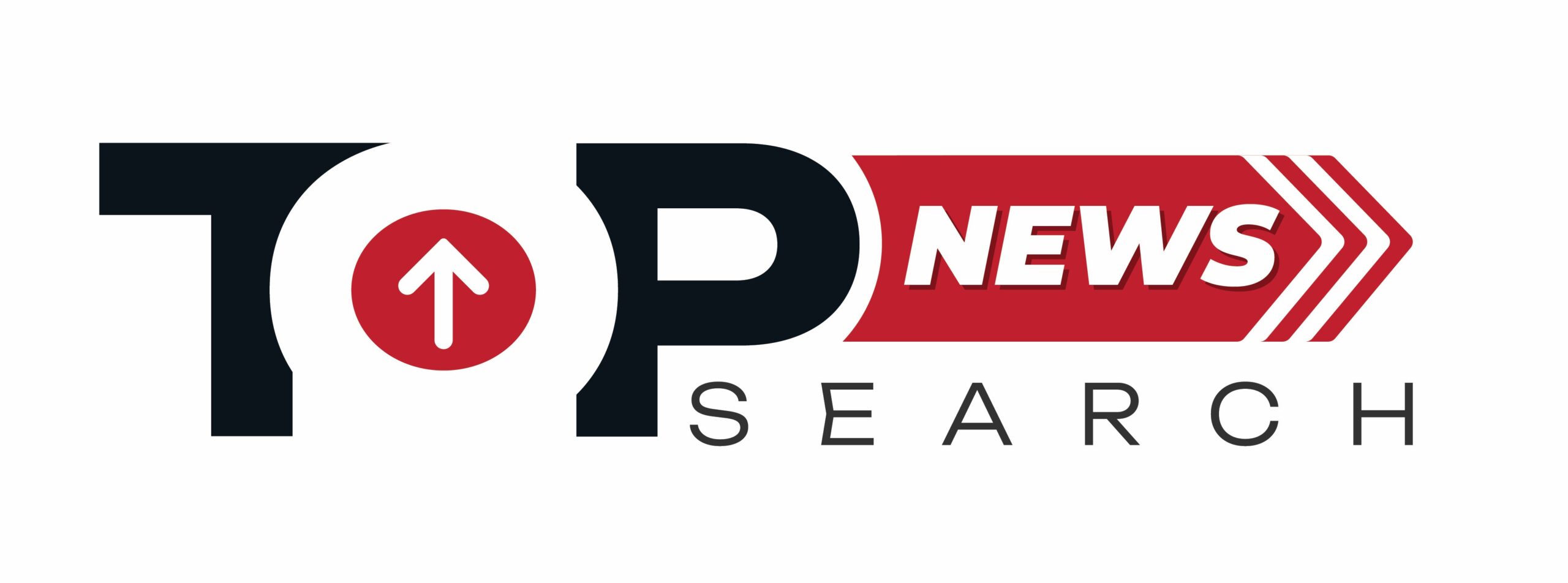
Google Gemini for Education: AI Revolution in U.S. Higher Education in 2025
- September 15, 2025
- Top Search
- 9:50 am

Quick Overview
Google Gemini for Education is transforming U.S. higher education by integrating AI into classrooms, research, and administration. Colleges like San Diego State University are using Gemini to enhance learning, streamline operations, and prepare students for an AI-driven workforce. This shift emphasizes AI literacy, personalized education, and future-ready skills.
Coming Up Next
Catholic University Launches AI Institute with Microsoft’s Taylor Black at the Helm
“🎧For visually impaired users: This audio file provides a detailed description of the blog.”
Introduction
Artificial Intelligence (AI) is no longer a futuristic dream—it’s here, shaping industries, businesses, and now education at an unprecedented scale. In 2025, one of the biggest moves in this direction came from Google Gemini for Education, which has expanded across 1,000+ U.S. colleges and universities. This marks a significant shift in how AI is integrated into classrooms, research labs, and administrative workflows.
The adoption of Gemini is not just about technology—it’s about transforming how students learn, how professors teach, and how universities operate in a digital-first world. From San Diego State University to other leading institutions, we are witnessing the rise of a new academic era powered by AI.
In this blog, we’ll explore the rise of AI in higher education, the role of Google Gemini for Education, real-life case studies of colleges using AI, and the long-term implications for students, faculty, and the workforce of tomorrow.
The Rise of AI in Higher Education
Education has always been a cornerstone of human progress. With digital transformation accelerating, higher education institutions are reimagining how they deliver knowledge. AI is becoming a central part of this shift.
Why AI in Higher Education Matters:
Personalized Learning: AI-driven platforms can analyze student behavior and adapt learning content accordingly.
Efficient Administration: Universities save time and costs by automating enrollment, grading, and scheduling.
Improved Research: AI tools like Gemini can process massive data sets, supporting groundbreaking discoveries.
Career Readiness: Students familiar with AI gain a competitive edge in the job market.
From predictive analytics to virtual tutors, AI in higher education is no longer optional—it’s a necessity.
What is Google Gemini for Education?
Launched as part of Google’s broader Gemini AI ecosystem, Google Gemini for Education is designed specifically to meet the needs of academic institutions.
Key Features of Gemini for Education:
Guided Learning Mode – Instead of giving direct answers, Gemini explains step-by-step, helping students understand complex concepts.
Integration Across Tools – Works with Google Workspace (Docs, Sheets, Slides) to enhance collaboration.
AI Literacy Training – Equips students and faculty with AI knowledge for future-ready careers.
Free for Accredited Colleges – Google is offering Gemini for Education at no cost to U.S. higher education institutions, with enterprise-level security.
Ethical AI Practices – Special focus on data privacy and bias reduction in academic environments.
This initiative has already reached millions of students across the country, making Gemini a central part of academic transformation.
How Colleges Are Using AI: Case Studies
🔹 San Diego State University (SDSU)
One of the leading adopters of Google Gemini for Education is San Diego State University. With a large student population and diverse academic programs, SDSU is using Gemini to:
Create AI-powered virtual teaching assistants for large lecture halls.
Support student retention programs by identifying at-risk students early.
Enhance faculty research by providing access to data-driven insights.
SDSU represents a model for how colleges using AI can balance innovation with academic integrity.
🔹 Other Colleges Using AI
Beyond SDSU, several U.S. colleges are leveraging Gemini for:
Curriculum personalization (students get AI-guided pathways in STEM, humanities, and professional courses).
Administrative automation (faster enrollment processes, scholarship tracking, student advising).
Language support (helping international students with AI-driven translation and learning tools).
Benefits of Gemini in Higher Education
For Students:
Personalized study guides, quizzes, and explanations.
AI-driven career guidance and skill development.
Tools to improve research efficiency.
For Faculty:
Automated grading systems.
AI assistants for course design and lecture preparation.
Access to research insights across global data sets.
For Universities:
Enhanced efficiency in admissions, resource allocation, and student services.
Improved student engagement and retention.
Stronger reputation as a forward-thinking institution.
Challenges and Concerns
While Google Gemini for Education offers exciting opportunities, there are challenges:
Academic Integrity: Risk of students over-relying on AI for assignments.
Bias in AI: Ensuring Gemini avoids reinforcing stereotypes.
Faculty Resistance: Some educators remain skeptical of AI’s role in classrooms.
Data Privacy: Handling sensitive student data responsibly.
Colleges must create AI ethics policies to ensure responsible adoption.
The Bigger Picture: AI Literacy in the U.S.
One of Google’s primary goals is increasing AI literacy. By exposing students and faculty to Gemini, colleges are helping future workers adapt to an AI-driven economy.
AI in higher education equips graduates with practical knowledge.
Programs like Google’s AI for Education Accelerator provide free AI courses and certifications.
AI literacy ensures students don’t just consume technology but also learn to build and question it.
Future of Colleges Using AI
The next five years will likely see:
AI-powered campuses where everything from class scheduling to cafeteria menus is optimized by AI.
Hybrid learning models blending AI-driven online courses with in-person sessions.
Expansion beyond the U.S. as colleges worldwide adopt Gemini.
Workforce alignment: Employers will seek graduates already skilled in AI collaboration.
Colleges using AI today, like San Diego State University, are setting the standard for global higher education tomorrow.
Conclusion
The adoption of Google Gemini for Education across 1,000+ U.S. colleges marks a historic milestone in academic transformation. AI is not here to replace professors or students—it’s here to enhance learning, simplify administration, and empower research.
From San Diego State University to other colleges using AI, the message is clear: higher education is evolving, and AI will play a central role in shaping the future of knowledge.
As we move through 2025 and beyond, one thing is certain—AI in higher education is not just a trend; it’s the foundation of tomorrow’s academic ecosystem.
FAQs
Google Gemini for Education is an AI platform designed to help colleges enhance learning, automate administration, and support research, integrating seamlessly with Google Workspace tools.
Over 1,000 U.S. colleges are adopting Gemini, including San Diego State University, for AI-powered virtual teaching assistants, personalized learning, and administrative efficiency.
Students get personalized study guides, AI-driven career guidance, research assistance, and tools to better understand complex concepts.
Challenges include academic integrity concerns, potential AI bias, faculty resistance, and data privacy issues, which require clear AI ethics policies.
AI literacy prepares students for an AI-driven economy, teaching them to understand, use, and build AI responsibly rather than just consume technology.
Quora Insights
- If AI is providing all the answers, what is the use of learning or going to school?
- How might AI change education in the future?
- How will AI impact the value of an expensive higher education degree?
- What is a good chat, GPT or Gemini? Which one has given the correct appropriate answer?
- Do you think teachers will become irrelevant in the era of artificial intelligence?

Recent Posts:



